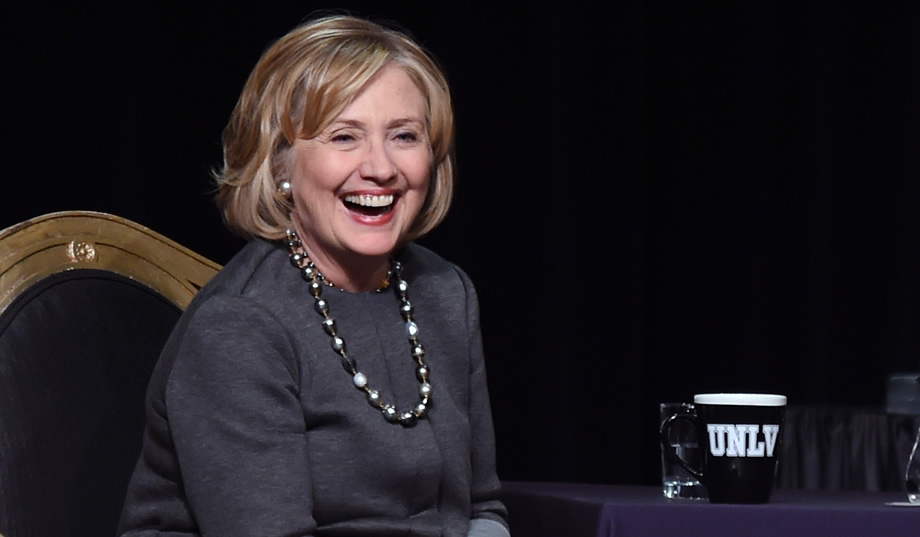
Clinton campaign aims at Republicans
Campaigns for nearly all offices routinely feature attempts to pull in voters from the other party, typically with limited results. 2016 may prove the exception to the rule however, given widespread concern about Republican nominee Donald Trump. The New York Times reports on the efforts of Hillary Clinton's campaign to woo GOP voters:
Democrats Eager to Woo Republicans Who Are Wary of Trump
They saluted the valor and vigor of the American armed forces. They quoted Ronald Reagan and Theodore Roosevelt, iconic Republican presidents of the 20th century, as well as a beloved Republican former first lady. They talked plainly about faith, about instilling good family values, about the uniqueness of the American experiment.
Over four days here, the Democratic Party sought to flip the magnetic poles of American politics, seizing on Donald J. Trump's unlikely rise to invade intellectual and rhetorical terrain held by the Republican Party for most of the last four decades.
While Mr. Trump’s convention in Cleveland described the United States as cheated, hapless and weak, a parade of prominent Democrats here summoned a country of limitless ingenuity, profound strength and majestic moral authority.
For the Democrats, it was a carefully calibrated, precisely drafted assault on the Republican coalition. For months, they have sought to tar Republican politicians with Mr. Trump’s essence, arguing that the New York developer and reality star was the true id of a Republican Party marbled with political extremism and racial antagonism.
But in Philadelphia, they presented Mr. Trump to Republican voters as a dangerous rogue, offering adherents of the party of Lincoln a “home for you right here in the Democratic Party,” as Tim Kaine, the nominee for vice president, said Wednesday. That message was amplified on Thursday night, when Hillary Clinton's acceptance speech was preceded by remarks from a former aide in the Reagan White House and an official at the U.S. Chamber of Commerce, both backing Mrs. Clinton.
Past Republican candidates for president have managed to pull in between 90 and 93 percent of self-identified GOP voters, dating back to 2000. In only one of those years, of course, did the Republican candidate manage to win the popular vote nationally. If Clinton is able to shave even a few points off of Trump's Republican base, keeping him below 90 percent, it will be extremely difficult for him to win - unless, of course, he manages to similarly eat into her Democratic support.



